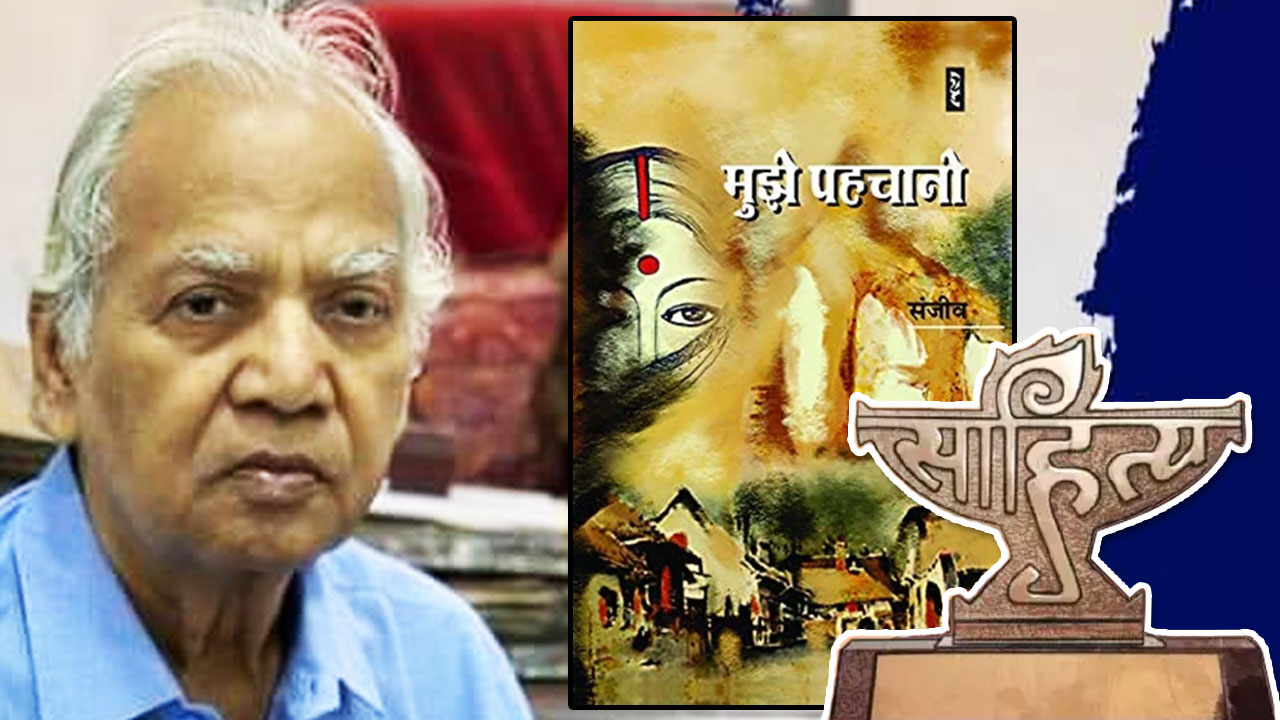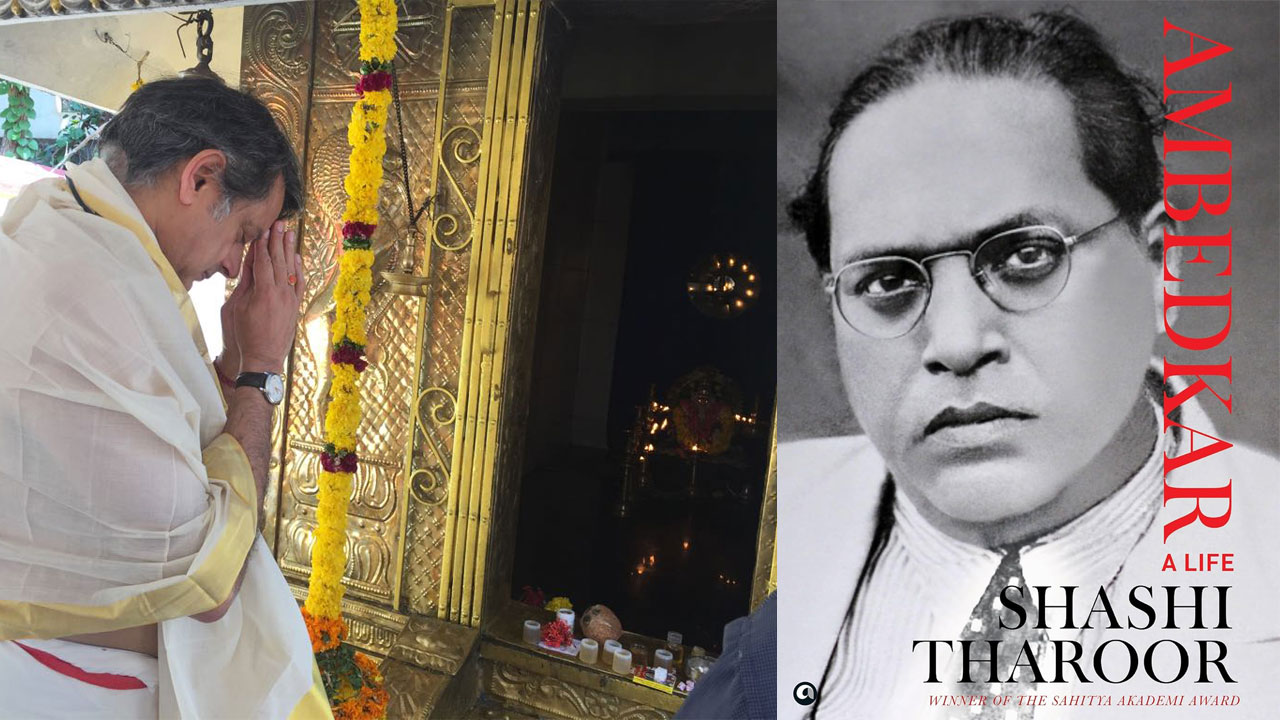Kalyani Thakur ‘Chandal’ is a leading Bangla Dalit poetess. She is a member of the newly constituted West Bengal Dalit Sahitya Akademi. She began writing from her student days and has been editing a magazine called “Need” for the past 26 years. This magazine is now the platform for the voice of Dalit women. Her autobiography Aami Keno Chandal Likhi (Why I write Chandal) stands out among the autobiographies of Bangla Dalit women writers. She has edited several books on folk songs, water, refugees, poetry by Dalit women, writings on Dalit women and short stories by Indian women writers. She has also edited special issues of many magazines. Her collection of poems Chandalinir Kavita was well received. Excerpts of her conversation with Kartik Choudhary:
About The Author

Kartik Choudhary
Dr Kartik Choudhary is an assistant professor of Hindi in Maharaja Srischandra College (affiliated to University of Calcutta), Kolkata. Among his published works are ‘Dalit Chetna ke Sandharv mein Omprakash Valmiki ki Kahaniya’ and ‘Dalit Sahitya ki Dasha-Disha Samkalin Paripeksha mein’ (edited), ‘Asmitamulak Vimarsh, Dalit aur Adivasi Sahitya ke Sandharv mein’ (criticism), ‘Bangal mein Dalit aur Adivasi Kavitayen’ (edited collection of poems). Choudhary is a recipient of ‘Dr Ambedkar Srijan Samman 2021’




